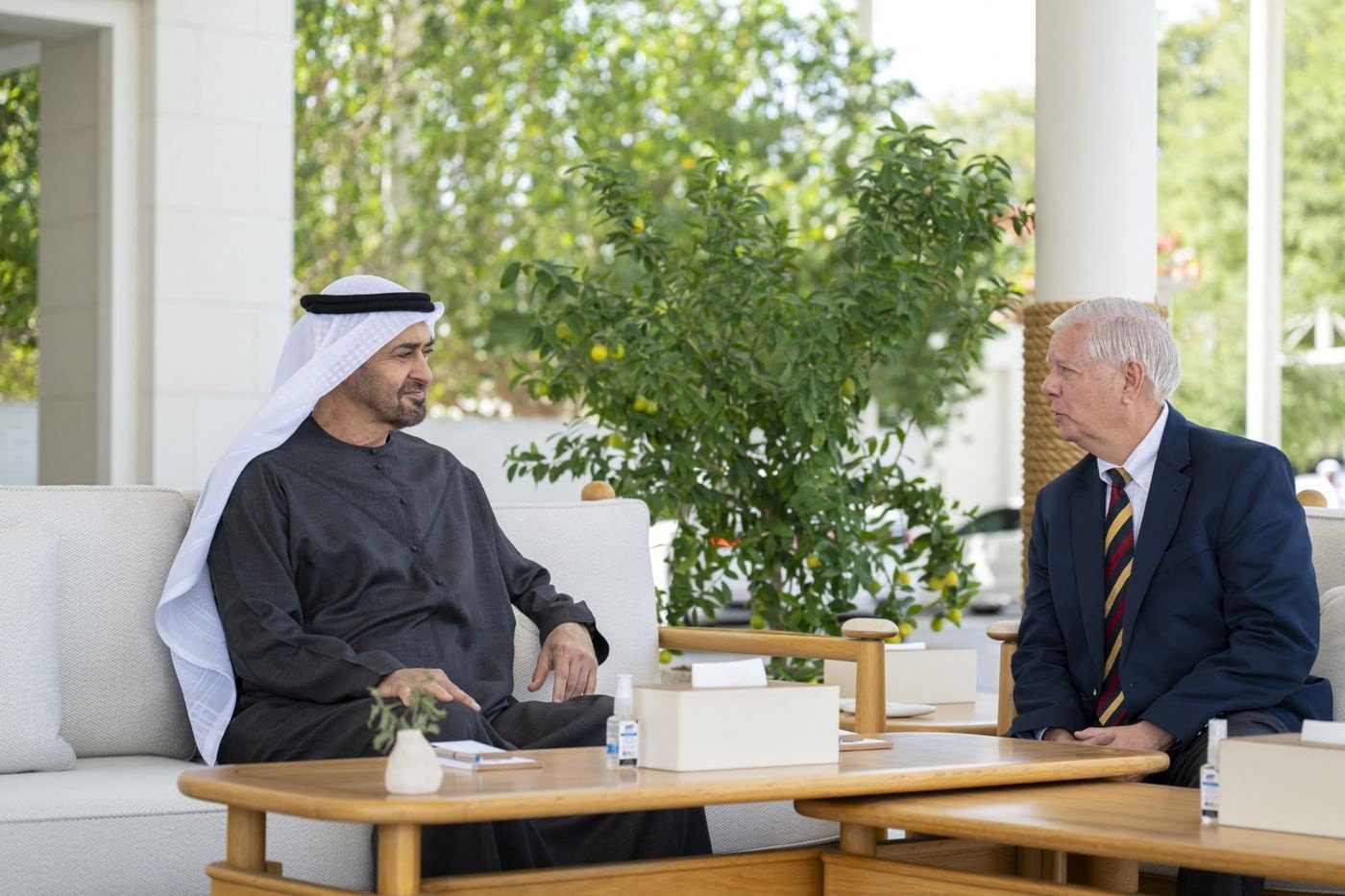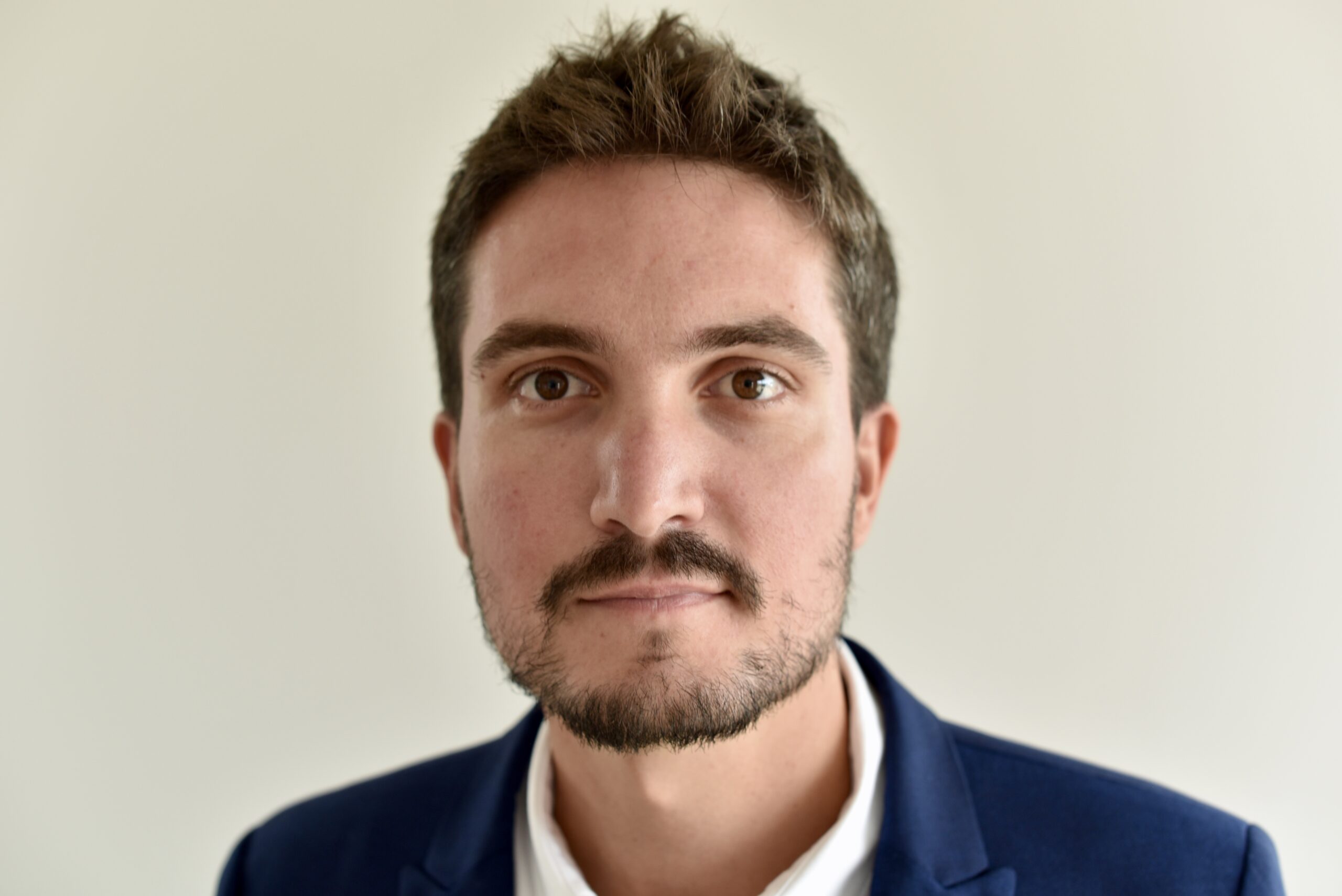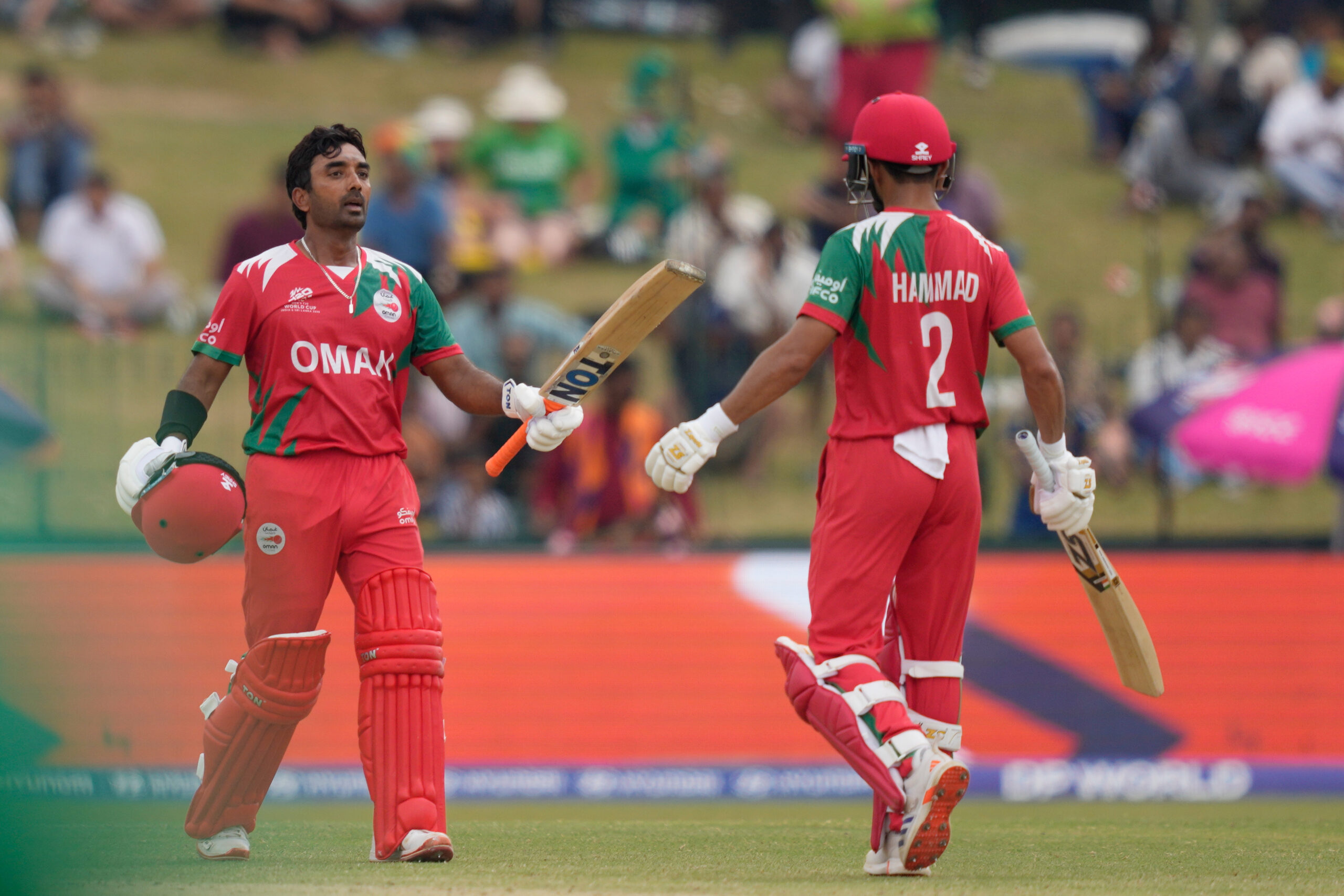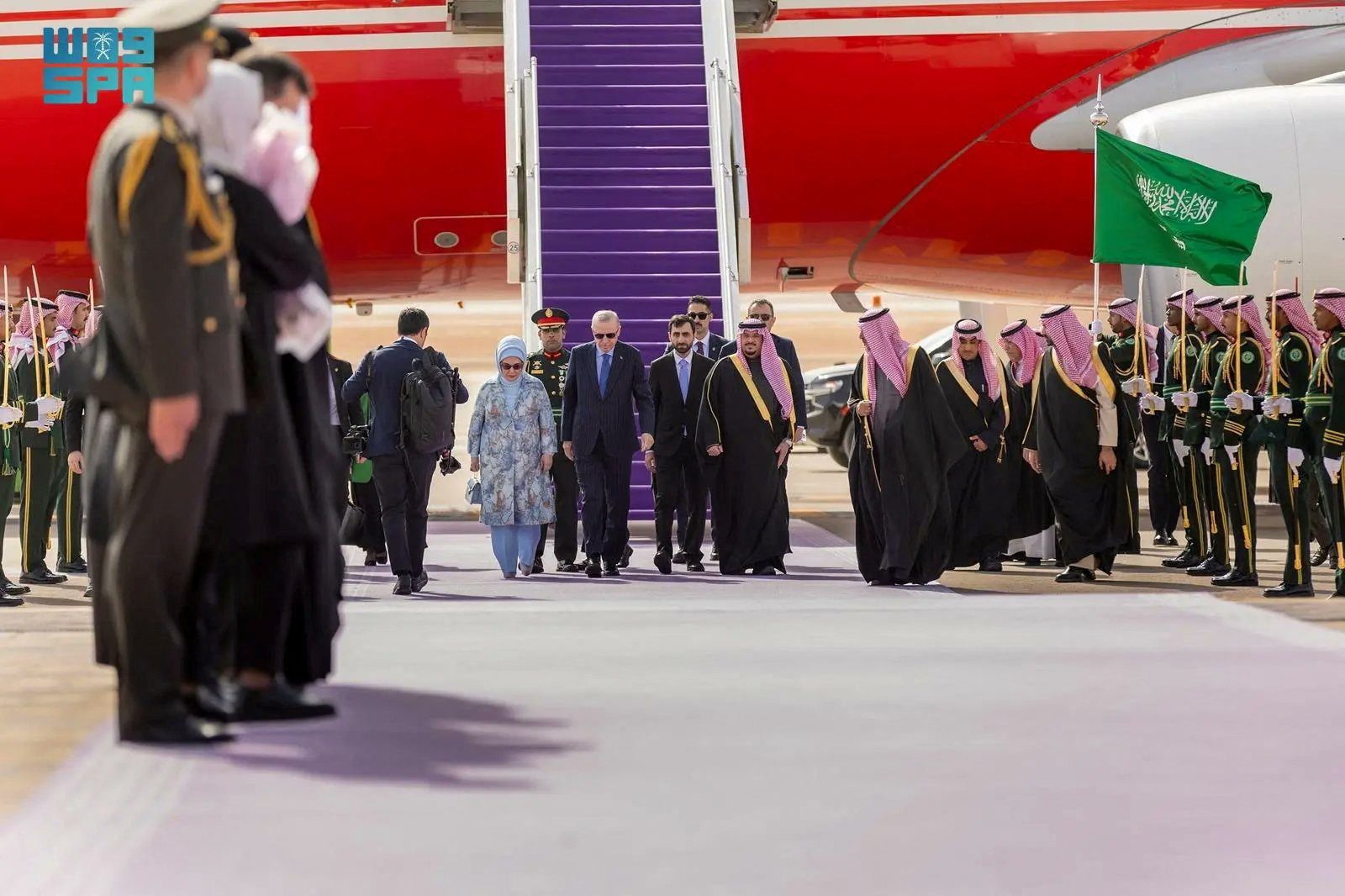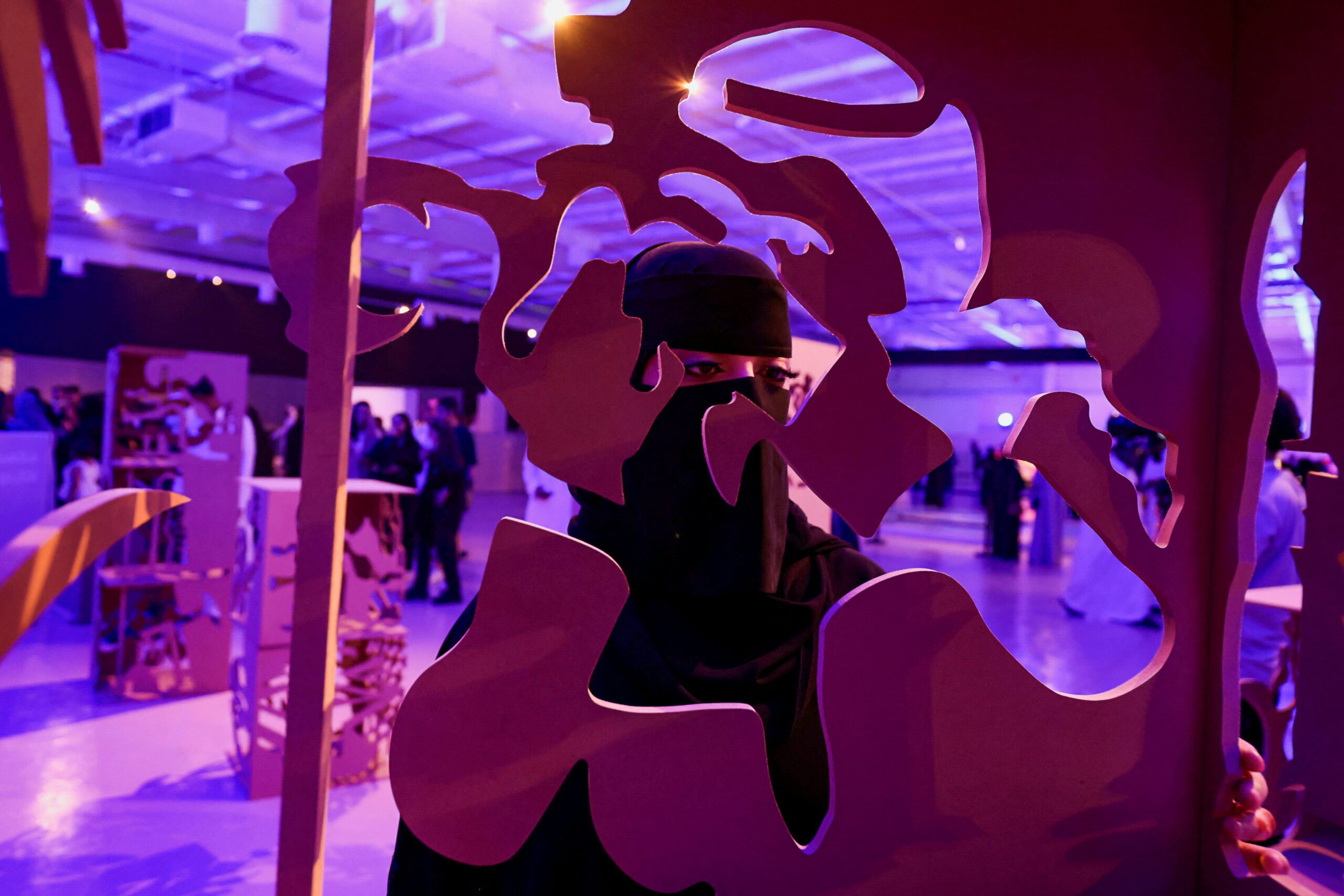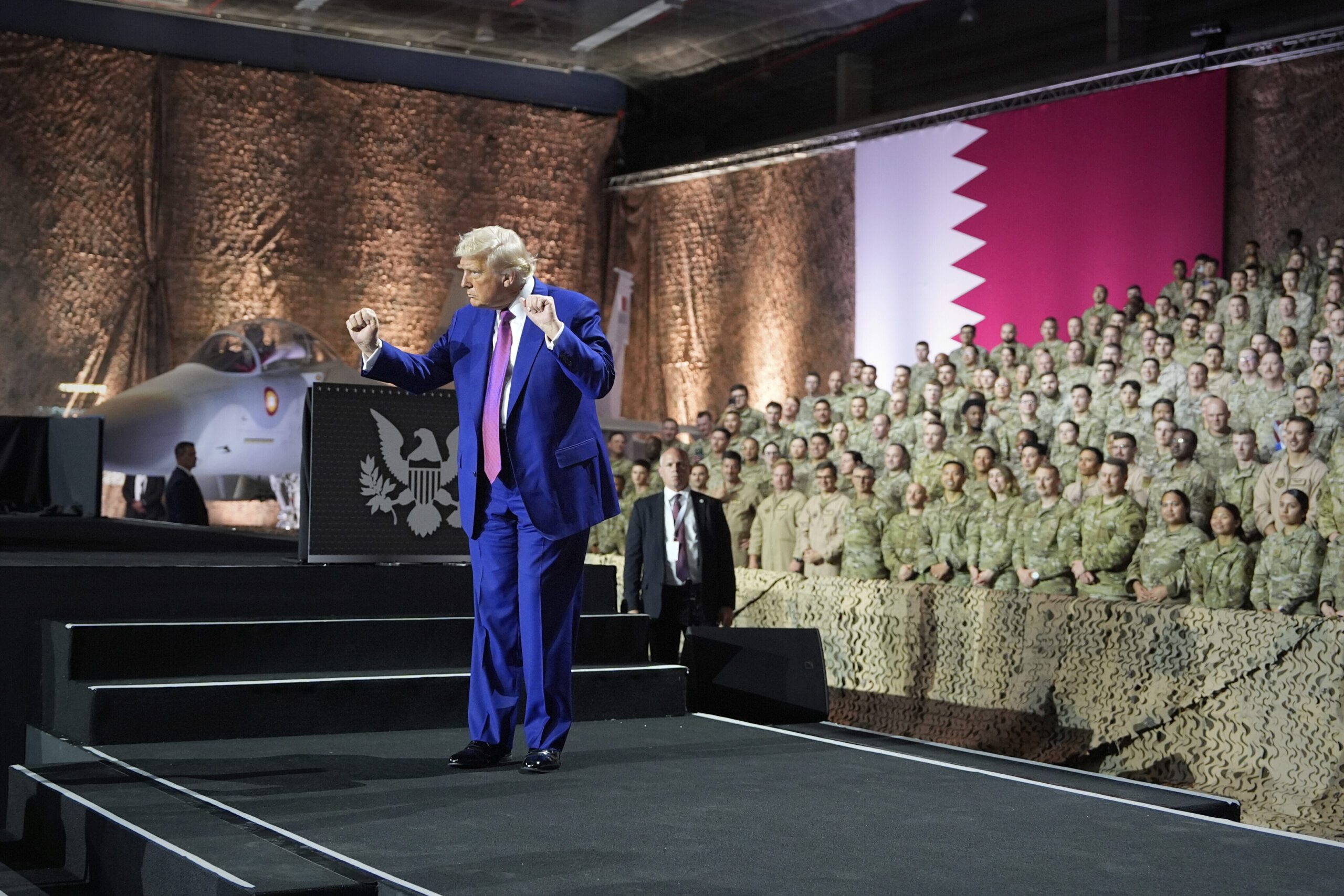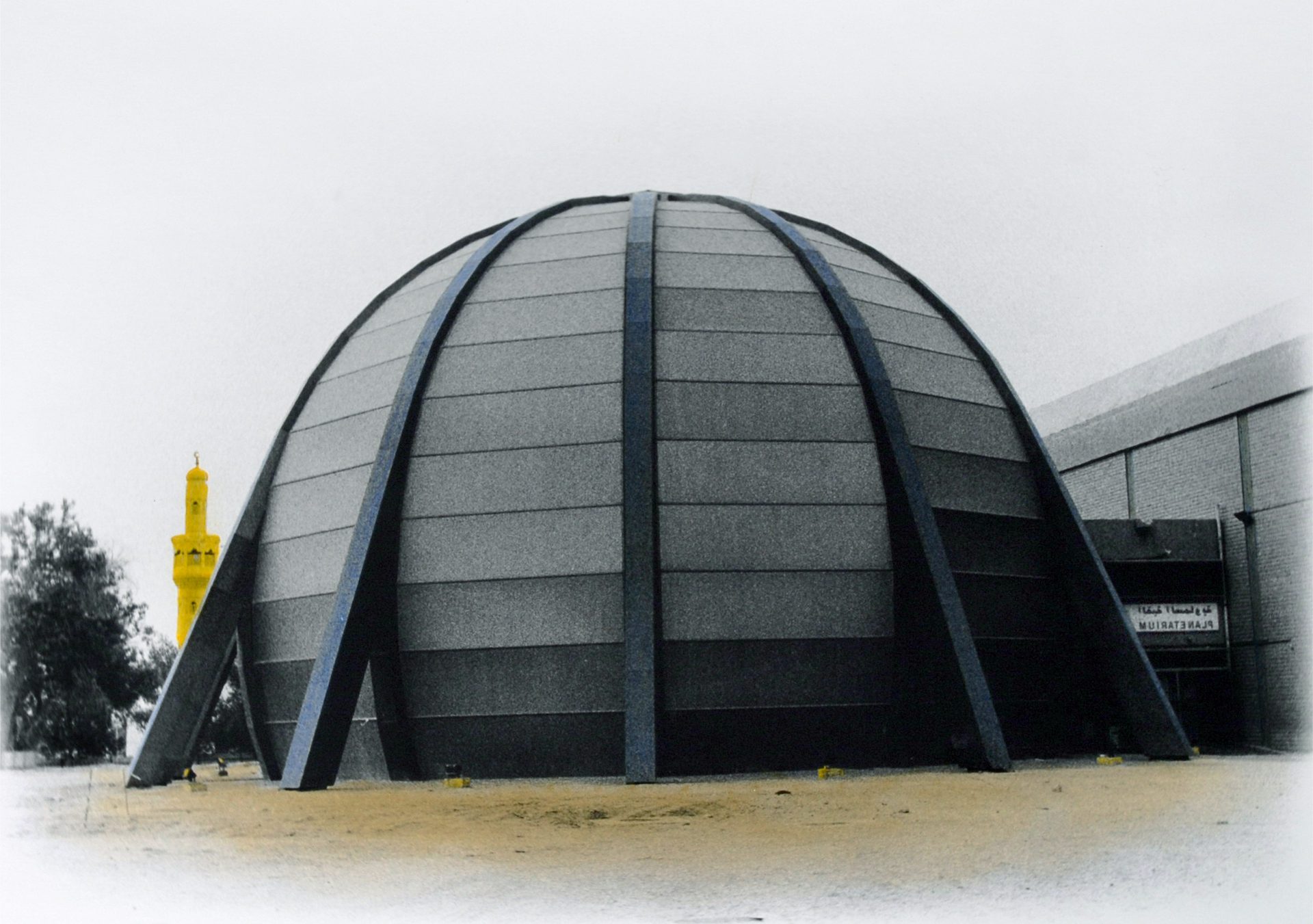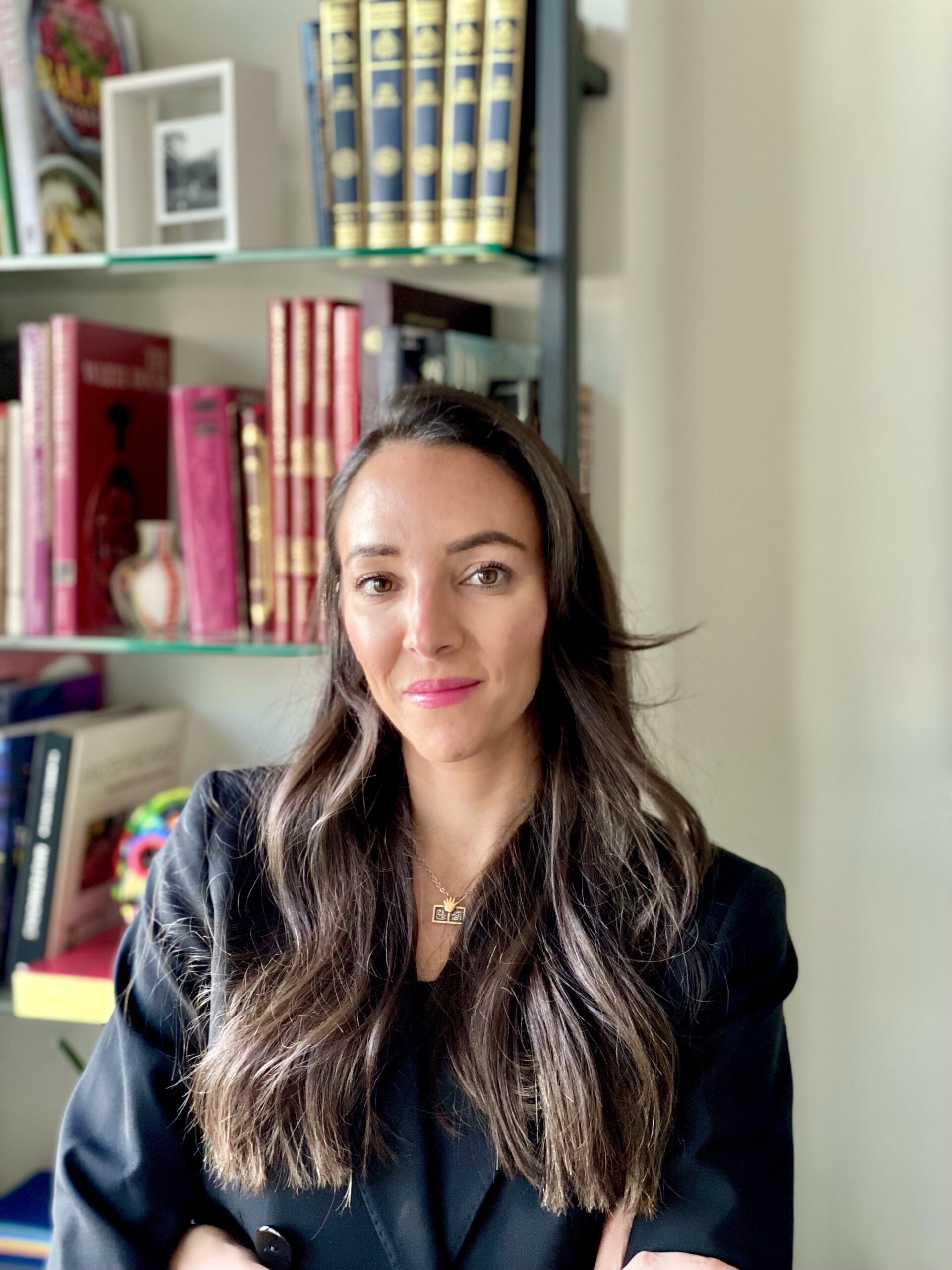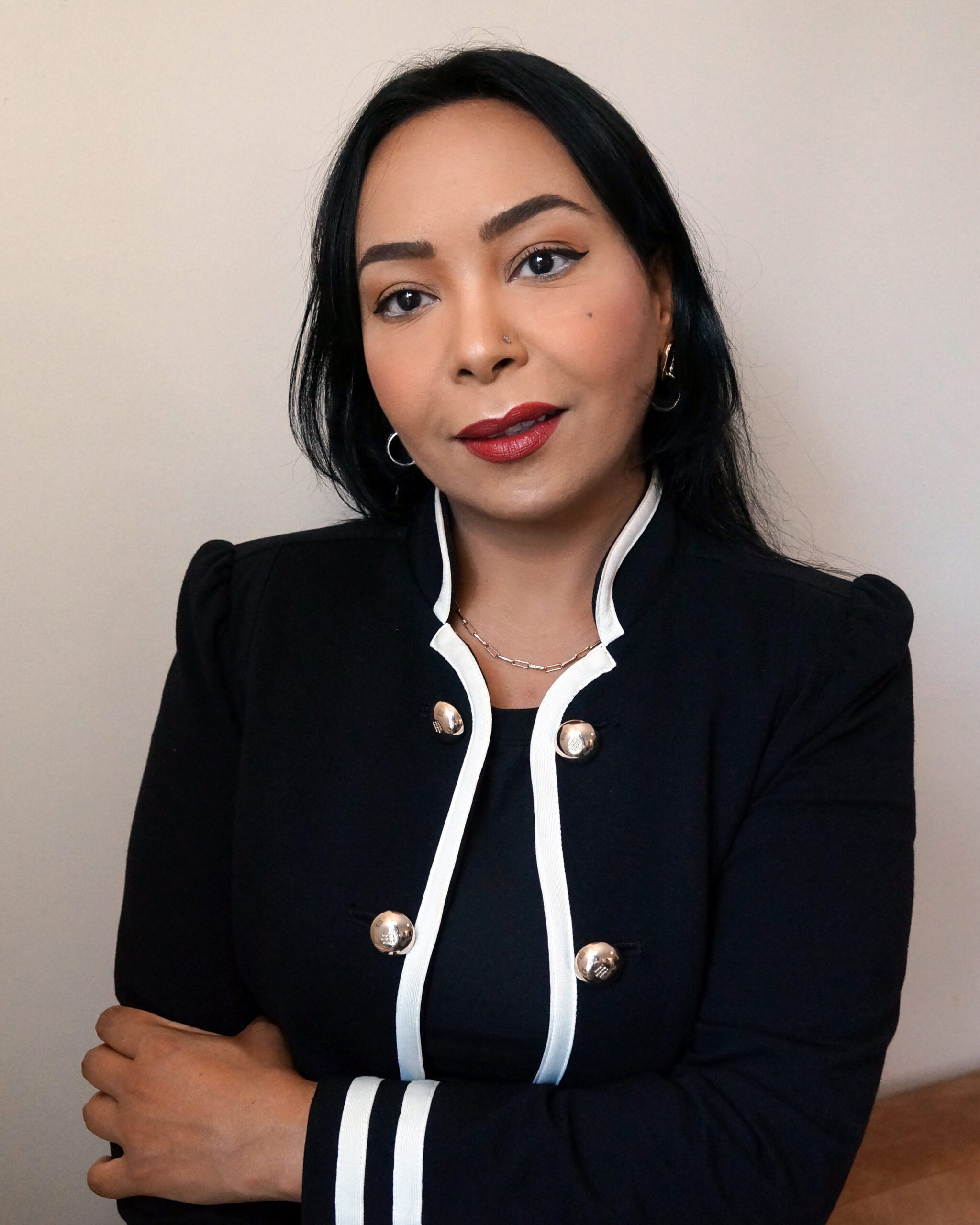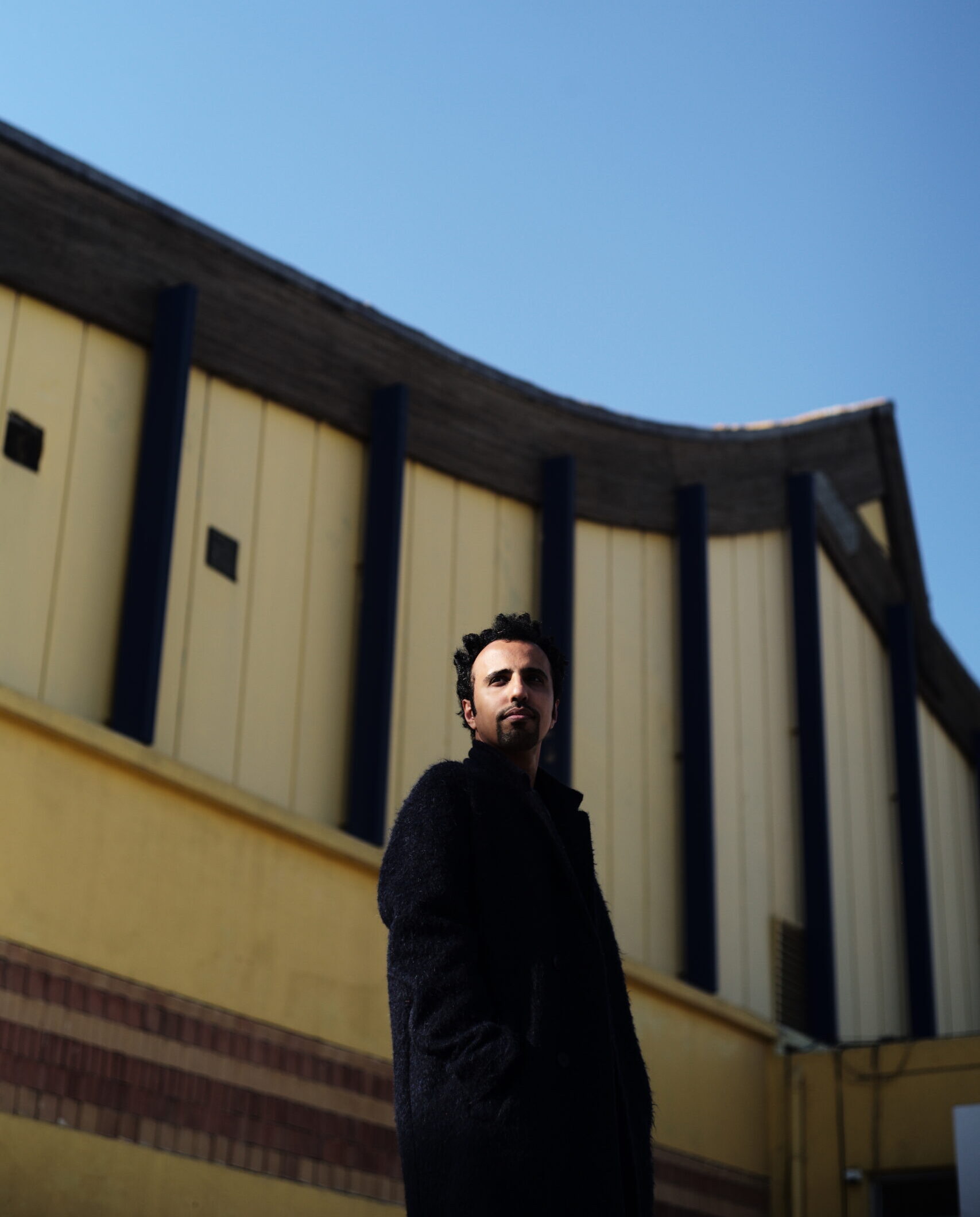Internal Political Realignment Targets Saudi Women Activists
On June 24, Saudi women will be allowed to operate their own cars, ending the ban on women driving and effecting a momentous change in the conservative kingdom. Yet many of Saudi Arabia’s most prominent women activists who worked for generations to lift the ban are unlikely to be among them. On May 19, the...
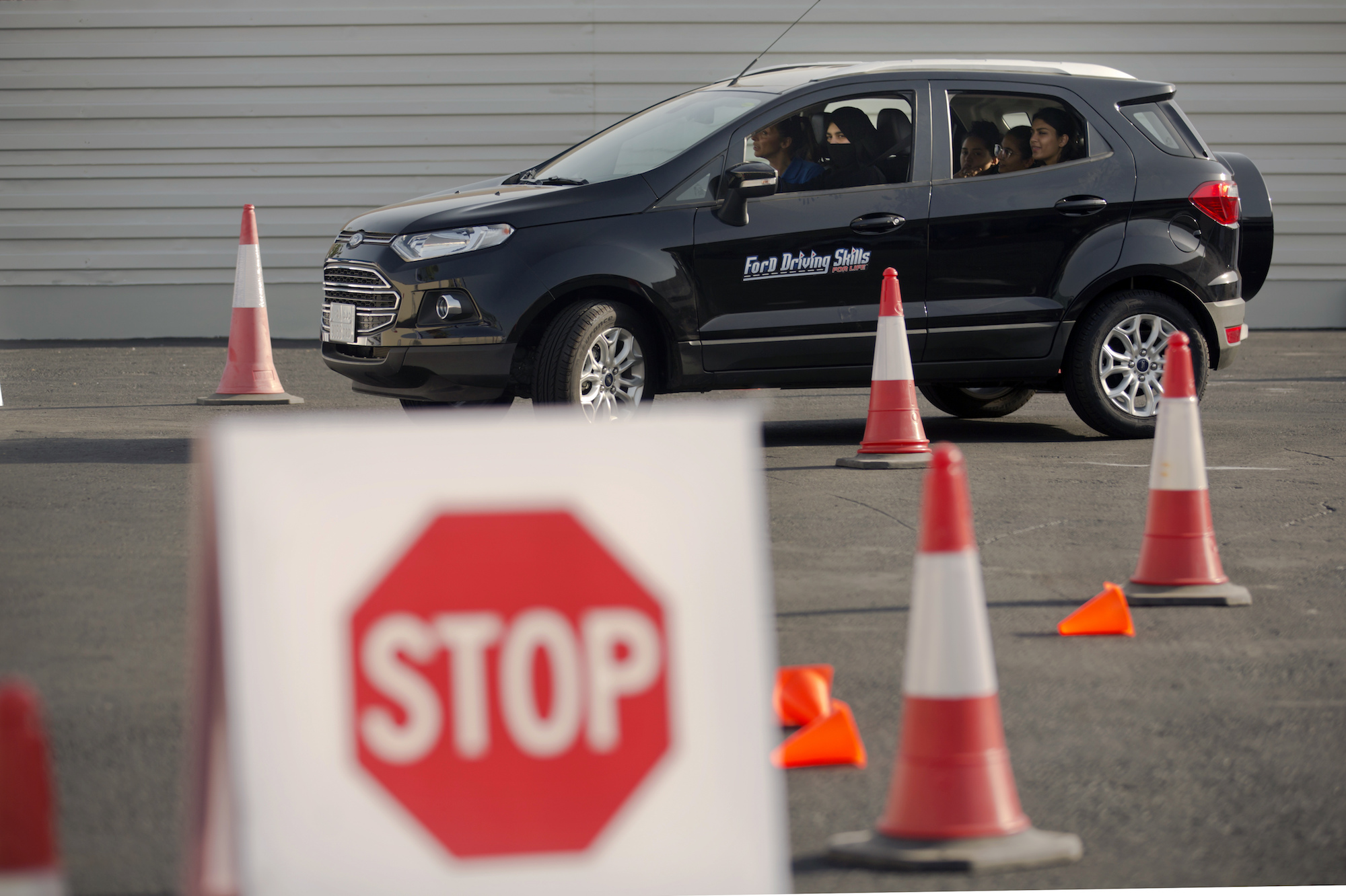
On June 24, Saudi women will be allowed to operate their own cars, ending the ban on women driving and effecting a momentous change in the conservative kingdom. Yet many of Saudi Arabia’s most prominent women activists who worked for generations to lift the ban are unlikely to be among them. On May 19, the official Saudi Press Agency acknowledged the arrest of seven campaigners, five women and two men who supported them, on a list of serious charges centered on collusion with foreign entities to undermine the security of the state. The arrests are ongoing with at least 10 activists now reported detained.
To make sense of this paradoxical situation, it is necessary to delve into the nature of political authority in Saudi Arabia: how it is transforming – and not – in this era of generational transition and social change. While it is early to draw final conclusions, there are indications that the very public denunciation of the women represents an attempt to reposition the Saudi leadership as relative “centrists,” a feat achieved through the arrest and public shaming of not one, but two separate groups of activists. The move also strengthens the nationalist narrative the state has been cultivating, while warning Saudi subjects in no uncertain terms that the state is the sole arbiter of policy, and interlocutor with foreign media, international organizations, and diplomats.
The Saudi leadership under King Salman bin Abdulaziz and Crown Prince Mohammed bin Salman is likely to proceed with the social and economic reforms that it views as necessary to diversify the economy and bring Saudis into the labor force, including allowing women to drive and play a larger role in public life. But the arrests are a stark reminder that the new Saudi Arabia is not politically liberal in any sense. Drawing upon a new state-cultivated national populism, authorities have developed methods of popular mobilization and enforced active support unseen in earlier eras. Saudi Arabia’s fledgling feminist movement, alongside activists from across the spectrum – Islamist hard-liners, Islamist constitutionalists, and some pushing for economic transparency – appear to be at considerable risk as this new style of authority develops.
Women’s Activism and the Driving Ban
Saudi Arabia’s community of women’s rights activists has been strengthening across generations. Its most public campaign has been against the ban on women driving; indeed, most of the activists arrested – Aisha al-Mana, Hessah al-Sheikh, and Madeha al-Ajroush – participated in the first public driving protest in 1990. Eman al-Nafjan, Loujain al-Hathloul, and Aziza al-Yousef participated in the post-2011 Women2Drive campaigns and rose to prominence by defying the ban. Women activists have taken other actions, successfully pressing to allow women’s participation in municipal elections and advocating for the end of the guardianship system: the recognized authority of men over women, encoded into law in pervasive ways, that denies a women’s ability to study, work, marry, or travel without the explicit permission of a male guardian. Alongside these public campaigns, some activists have provided quiet assistance to Saudi women, aiding in difficult legal dilemmas and dangerous family disputes. Activists’ links with international rights associations may have drawn the ire of the Saudi government. For example, Hathloul attended the proceedings of the U.N. Committee on the Elimination of Discrimination Against Women in Geneva in February.
The ban on women driving became a test of the power of the religious establishment and a potent indicator of Saudi exceptionalism, its importance underlined by the willingness of the Saudi state to defy, for decades, near universal condemnation from the international community. Thus, the September 26, 2017 decision to allow women to drive is both steeped in political symbolism and suffused with very practical implications. Ending the ban and curtailing the authority of the religious police are central to the social change agenda championed by the Saudi crown prince. Ending the driving ban is also central to economic reforms: bringing Saudi women into public life and the workforce. The move has been championed by the crown prince in numerous interviews with international media as evidence that the kingdom is moving in a new direction.
It is striking, then, that the issue has played a pivotal role in the crackdown on two groups of prominent activists and social reformers within the kingdom.
Arrests on the “Right” and “Left”
In September 2017, the Saudi authorities imposed a crackdown on dozens of religious figures and intellectuals. While described in the media as Islamists, the interrogations and arrests encompassed a broad ideological spectrum: prominent hard-line clerics from underground Islamist political networks; popular clerics and intellectuals championing a more liberal interpretation of Islam; a reformist entrepreneur with a large Twitter following; and a poet. While those detained were not named by the state, their arrests appeared to be acknowledged in a curt statement from the Saudi Press Agency referencing the roundup of a group of people working “for the benefit of foreign parties against the security of the kingdom.” An extensive social media campaign backing the arrests linked those detained to Qatar, although evidence has not been forthcoming.
The arrests did not captivate the international media for long, in part because of the announcement on September 26 that Saudi Arabia would end the ban on women driving. From this point on, many media stories and pundits linked the two, a connection encouraged by Saudi state messaging, which portrayed the crushing of the “Sahwa,” or Islamic revival, of the past few decades as necessary to advance the kingdom’s reform agenda. The arrests were further eclipsed by the November 2017 anti-corruption purge against prominent businessmen and royals.
The arrests of religious leaders and intellectuals ahead of the announcement allowing women to drive forms an interesting symmetry with the current round of arrests of women’s rights activists just before the actual lifting of the driving ban. Both were executed by the Presidency of State Security, a security body created in July 2017 under the direct authority of the royal court. Uncharacteristically for Saudi Arabia, some of the high-profile detainees were seized from homes rather than being called in for questioning, methods more akin to terrorist arrests. Both waves of arrests were based on the accusation of working for foreign interests to undermine the state, calibrated to stir up national feeling and defense of the homeland. In the case of the women activists, this was amplified in a tweet from the state-aligned online media portraying the kingdom as “targeted by foreign parties” and an Op-Ed in the Jeddah-based newspaper Okaz placing the women as part of a “soft war waged on the kingdom since 2011.” These attacks uncharacteristically became much more personal in the case of some of the women activists, who were publicly named, perhaps due to their high public profile in the West, their photographs posted on the front page of Okaz, and labeled as traitors. Some female members of the Shura Council supported the arrests proclaiming, “the nation is a red line.”
It is tempting to see these actions as a form of repositioning, the arrests of activists from the ostensible Islamic right and feminist left allowing the state to occupy the nationalist-infused center. Saudi news sources close to the government made this explicit, praising the “determination that rejects both leftist and rightist extremists, ‘Wasatiya’ or centrism being the Saudi slogan.”
All Politics is Local
Whether the arrests represent the beginning of a conservative retrenchment will be revealed in time. There are some indications of concessions being made to the religious establishment as well as reminders of the persistence of the religious dogma at the heart of the state security apparatus. The language used by the Ministry of Interior accusing the detainees of “transgressing against religious and national foundations” reflects the ideological defense of the state, still grounded in religious orthodoxy.
A couple of other actions taken in the past month also hint at a return to the more traditional Saudi strategy of balancing liberals against conservatives. On April 24, Mohammed bin Salman held a highly publicized and respectful visit to the home of a conservative member of the Council of Senior Scholars, Salah al-Fawzan. Up until recently, the crown prince has been relying on two scholars appointed to the council in 2016 and significantly out of step with its heretofore hard-line orientation; in the process, Mohammed bin Salman has shown little deference to the religious establishment.
More recently, the Vienna-based cleric Adnan Ibrahim was banned from Saudi Arabia and from appearing on Saudi television channels. Ibrahim is known for his support of progressive reform including on women’s issues; he has sharply critiqued the guardianship system in Saudi Arabia. His provocative 2016 Ramadan talk show “Sahwa” was the highest rated religious program in Saudi Arabia that year, and credited with breaking the monopoly on religious discourse within the kingdom. The program earned Ibrahim the ire of the council, which issued a public warning of the “fallacies” he promulgated.
Still, the evidence thus far suggests that the crackdown on women’s rights activists is more about political repositioning rather than overturning social reforms. Government media attacking the feminists have gone on to praise the openings the leadership has initiated for women. Going after these activists on the left and bringing closer some men from the clerical establishment allows the Saudi rulers to better position themselves against conservative backlash in advance of the June 24 commencement of women driving.
There is no question that Mohammed bin Salman has done considerable damage to his reputation as a reformer, which he spent valuable time and capital cultivating in the West. And there may yet be costs for Saudi Arabia’s Vision 2030 reforms, which require international partnerships and investment to succeed. Meanwhile, at home it may be that his lengthy U.S. visit and extensive outreach were viewed as overreach by some within the kingdom. Still, the harsh international criticism that has greeted this move will likely be turned into a nationalist defense, and proof of Saudi independence and new exceptionalism.
The views represented herein are the author's or speaker's own and do not necessarily reflect the views of AGSI, its staff, or its board of directors.


